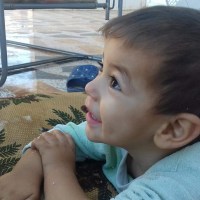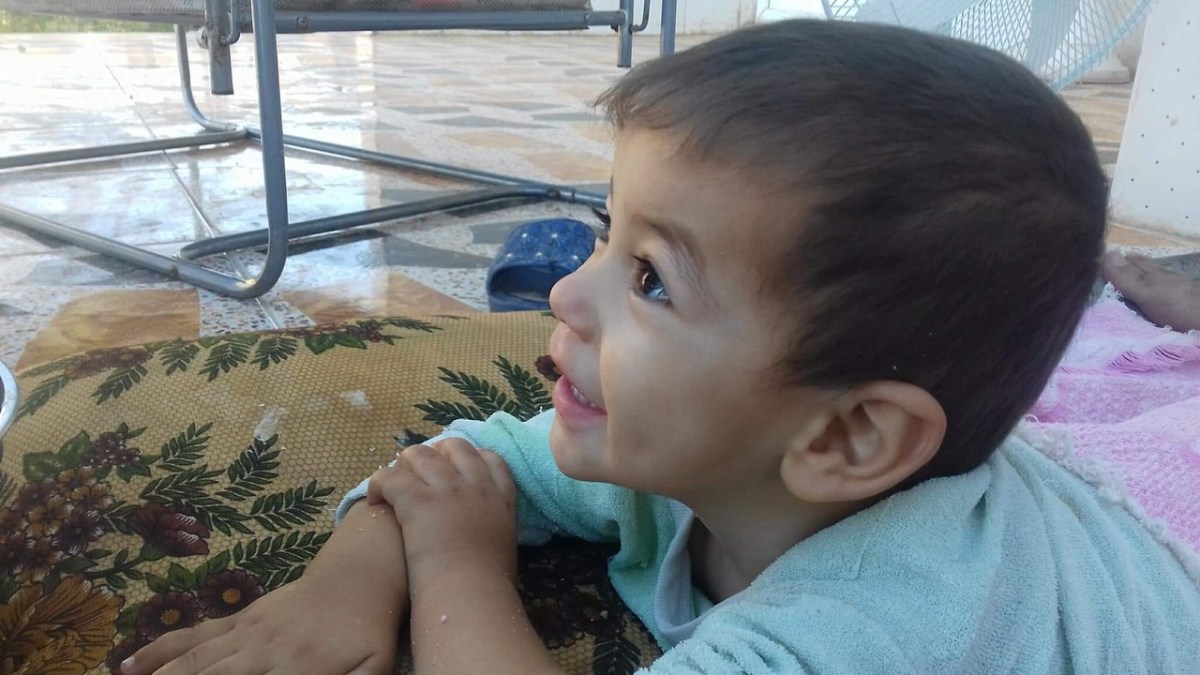It takes almost no time at all. You turn away for just a second, two at the most… and the worst happens.
It’s every parent’s worst fear. You’re as vigilant as you can be, but you can’t have your eyes on your child every second of every day.
In my case, I was 10 months old when I pulled an old soup can off the stove and hot grease ran down the front of my body. Mom acted quickly, pulled off my grease-soaked sweater, and rushed me to the hospital just five minutes away. I was seen and treated immediately by good doctors. As Mom tells the story, by the next morning there wasn’t a single burn mark on my body.
I was lucky. My mom knew basic first aid and we lived close to a good hospital.
Lots of kids in Iraq aren’t that lucky. Little Yousif, pictured above—he wasn’t that lucky.
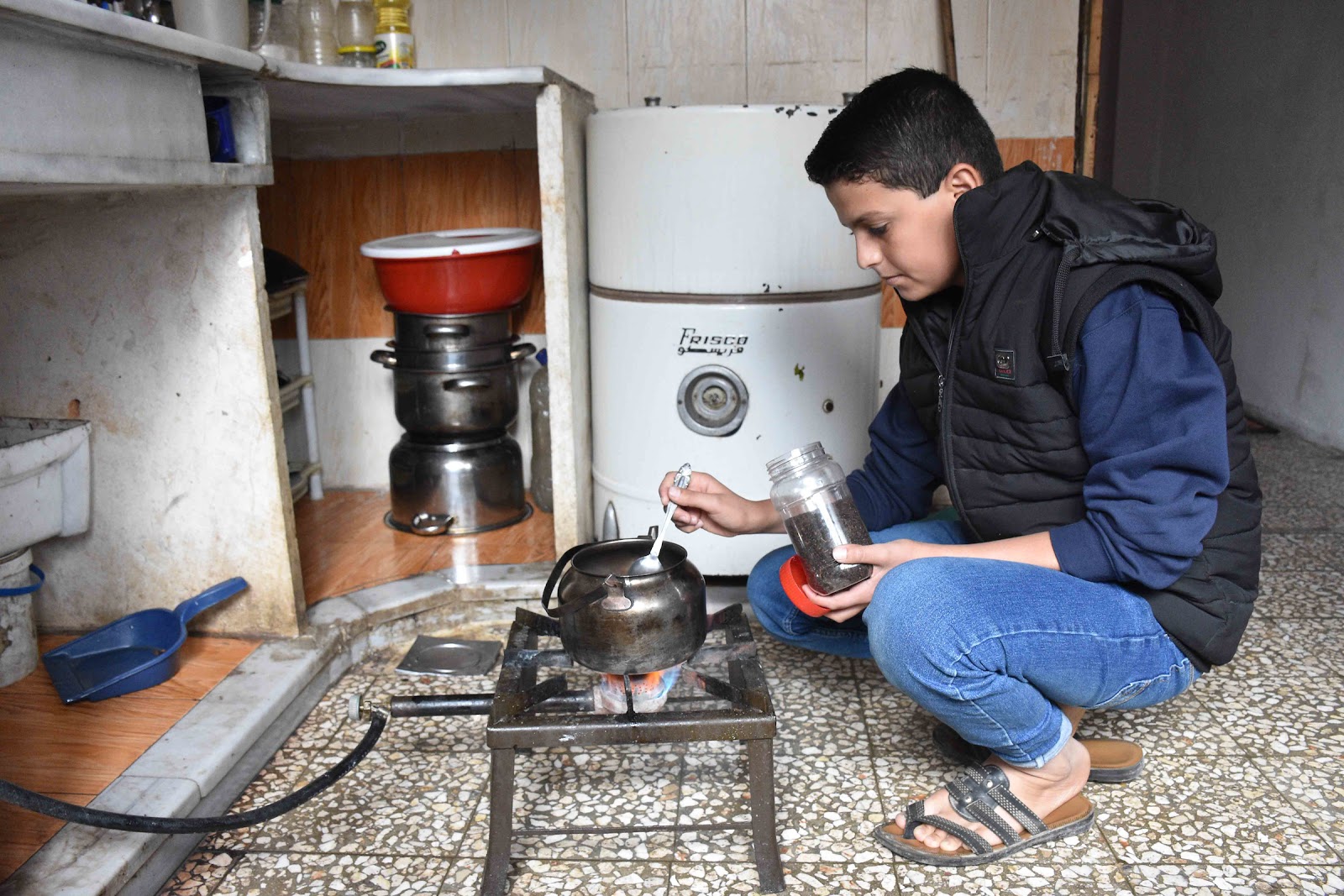
Many lower-income families in Iraq, Syria, and the developing world use low, open-flame propane stoves for cooking. They are relatively cheap. They are easy to move and store, which is an important factor in small homes where most rooms serve more than one function.
 They are convenient when electricity is scarce, the weather is hot, and household chores like cooking can be taken outdoors to be done in the shade.
They are convenient when electricity is scarce, the weather is hot, and household chores like cooking can be taken outdoors to be done in the shade.
Unfortunately, because of the flame and because cooking happens so close to the ground, burns are a common—and sometimes life-threatening—childhood injury.
Young Yousif’s family uses this kind of low stove for cooking. It only took a second of inattention for him to get tangled up with a pot of boiling water. His injuries are serious—from mid-back to mid-thighs, he has third-degree burns.
His father brought him the closest health center. The fact that there was even a health center to bring him to is thanks to you. You help fund this place.
Yousif was seen by Dr. Mohammad, part of an amazing medical team at the clinic. But this child’s burns are so bad, when Yousif’s father took him home, he was sure his boy wouldn’t survive.
“I am always thinking that the patient is me.”
—Yousif, nurse
It happened that a nurse, also named Yousif, was on duty when young Yousif was rushed the health center. Nurse Yousif made a vow to himself: he would continue caring for this child until his last breath.
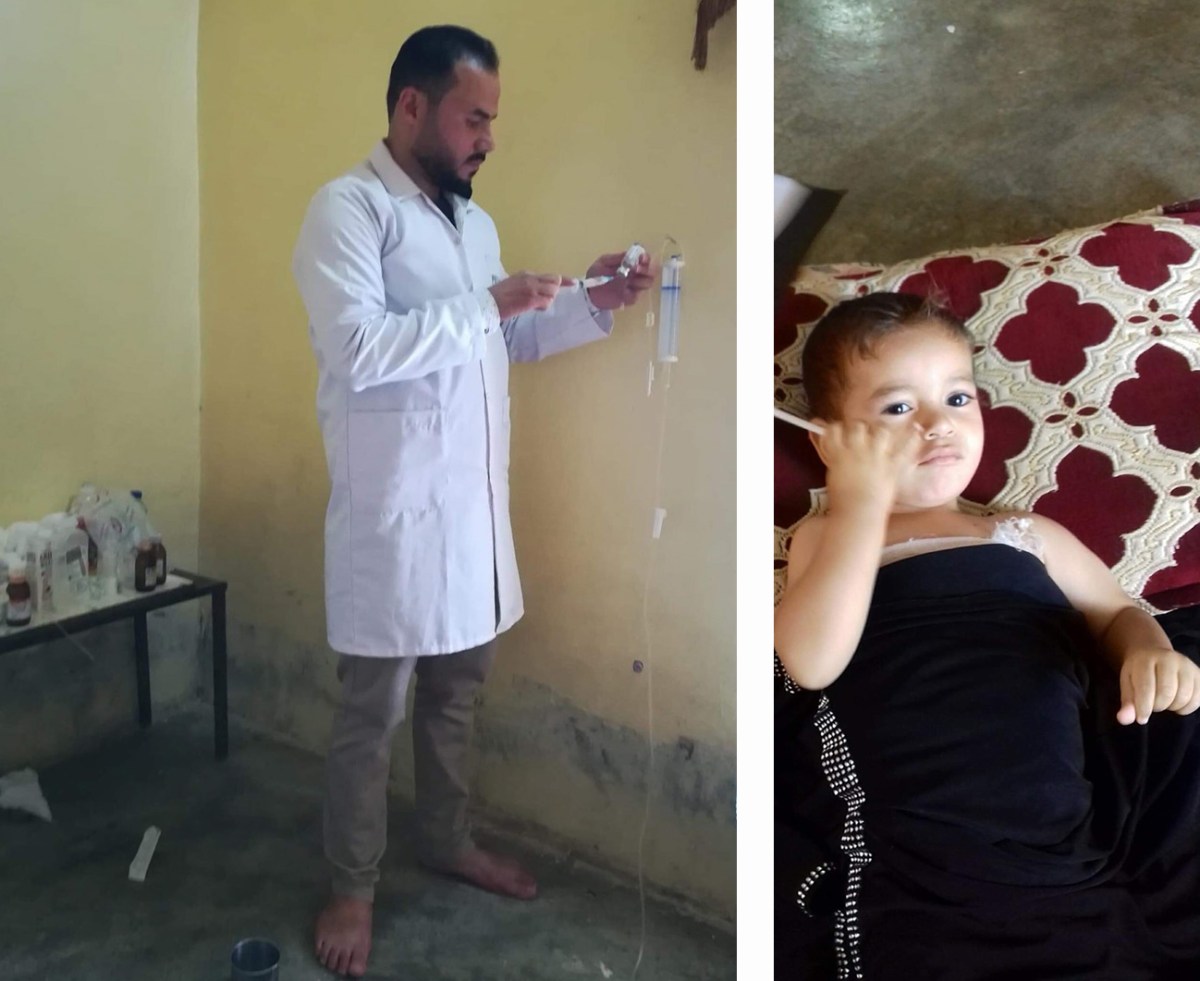
“The patient’s name is my name, so I’m always thinking that the patient is me,” the nurse said.
He’s kept his promise.
With six years of nursing experience in often rugged conditions, Yousif has the expertise he needs to carry out Dr. Mohammed’s treatment regimen. He visits his young patient at home every day to administer medication and change his dressings.
Nurse Yousif’s dedication saved his young patient’s life.
“The burned child gets better day [by] day with the help of Yousif,” Dr. Ahmed reported recently.
Young Yousif had the bad fortune to be seriously burned, in a part of Iraq impacted by war, and where the government hasn’t been able to reopen adequate health care facilities yet.
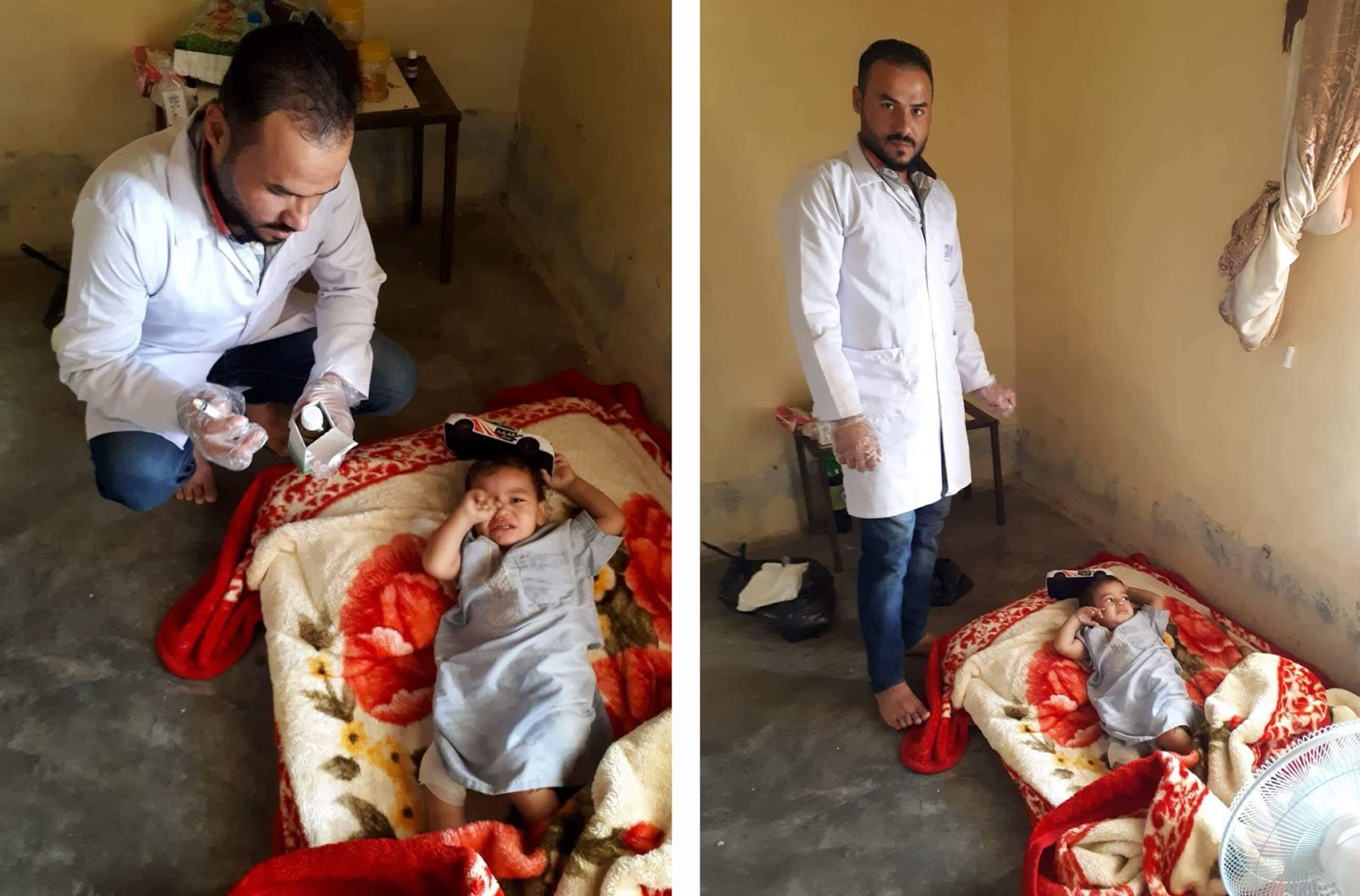
But Yousif had the good fortune to live in a community where you supported the reopening of the primary health center, where you provided pay for caring doctors and nurses and basic medicine for those in need.
Yousif had the good fortune to meet a skilled nurse whose heart was moved and, rather than just sitting back and waiting for patients to come to him, is willing to go to Yousif’s house every day to make sure he gets the care he needs and stays safe from infection.
This is the kind of difference you’re making in communities across Iraq. These are the kinds of healthcare professionals you’re investing in, and the kinds of families you are serving every day.
For Yousif, it is literally the difference between life and death.

